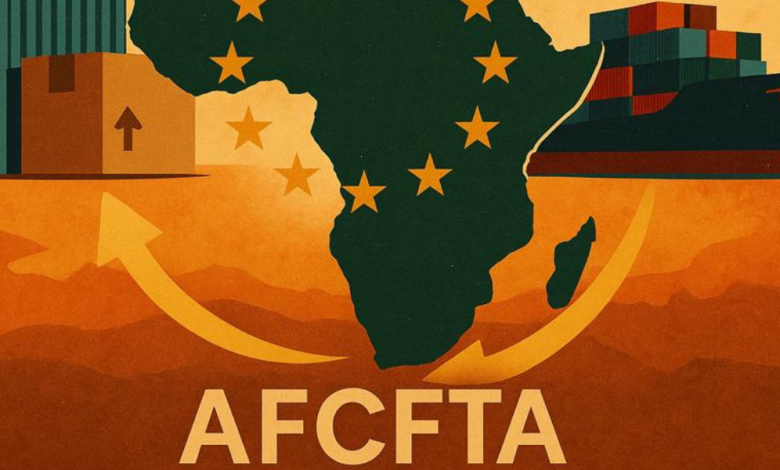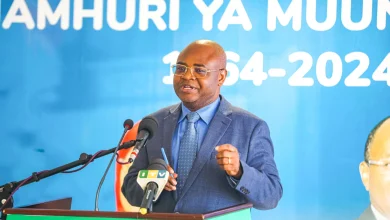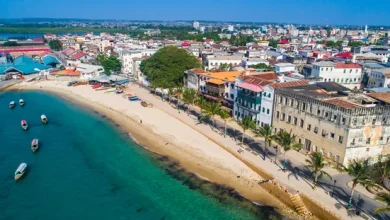Trade bodies push for AfCFTA fast-track

GHANA: AFRICAN trade bodies have called for a shift from talk to action on the African Continental Free Trade Area (AfCFTA), urging governments to fast-track its implementation.
According to the East African Business Council (EABC), despite the pact coming into force in 2019, tariff and non-tariff barriers have remained widespread, with nearly 90 per cent of tradable goods still facing duty challenges.
EABC added that infrastructure gaps, limited transport networks and inefficient border systems have also continued to hampering progress and development of trade in the continent.
Speaking during a National Assembly Engagement Workshop on AfCFTA Phase II Protocols in Mombasa Kenya, EACB Vice-chairperson, Simon Kaheru said there has been a stalemate on textile and apparel, sugar and sugar products, goods produced in Special Economic Zones (SEZs), edible oils and motor vehicles.
“We are equal partners in ensuring the integration of Africa for increased trade and prosperity is a success,” he said. He added that the private sector has the most critical role to play in making the aspirations of the AfCFTA a reality, commending the AfCFTA for facilitating the dialogue.
“Our interests are the same, even though the private sector focuses on profit and business growth and the public sector aims at the creation of jobs and wealth for our largely youth demographic across the continent,” he added.
AfCFTA Secretary General Wamkele Mene stressed that there is need to shift from negotiations to implementation, noting that the AfCFTA is Africa’s response to current geopolitical challenges through industrial development, ensuring that no country is left behind.
ALSO READ: Tanzania reaps fortune from AfCFTA membership
Tanzania, Kenya, alongside Ghana, Cameroon, Egypt and Rwanda were the six countries picked to lead the pact in the pilot phase.
Ghana and Kenya became the first to ratify the AfCFTA and deposit instruments of ratification with the AU Commission, after the agreement was adopted by the AU Extra-Ordinary Summit on March, 2018 in Kigali, Rwanda.
Kenya had identified 14 merchandise and service sectors for a start, prioritising sectors in merchandise trade including agriculture, livestock and fisheries, manufacturing, handicrafts, mining, oil and gas.
Priority export sectors under services trade are business including professional services, tourism, education, health, financial services, ICT, cultural and sports services; and transport and logistics.
The African Continental Free Trade Area (AfCFTA) is one of the flagship initiatives of the African Union’s Agenda 2063. This ambitious trade agreement has a broad and inclusive scope, encompassing critical areas of Africa’s economy, such as digital trade, investment protection and much more.
By removing barriers to trade across the continent, AfCFTA aims to significantly boost intra-Africa trade, particularly in valueadded goods and services and across all sectors of Africa’s economy.
AfCFTA is vital for driving economic growth, as it creates the world’s largest free trade area by population, fostering a more integrated and competitive African market. By eliminating tariffs and reducing non-tariff barriers, the agreement aims to increase intra-African trade, create new jobs, promote industrialisation and attract investment.
These changes will contribute to reducing poverty and enhancing Africa’s competitiveness on the global stage.





